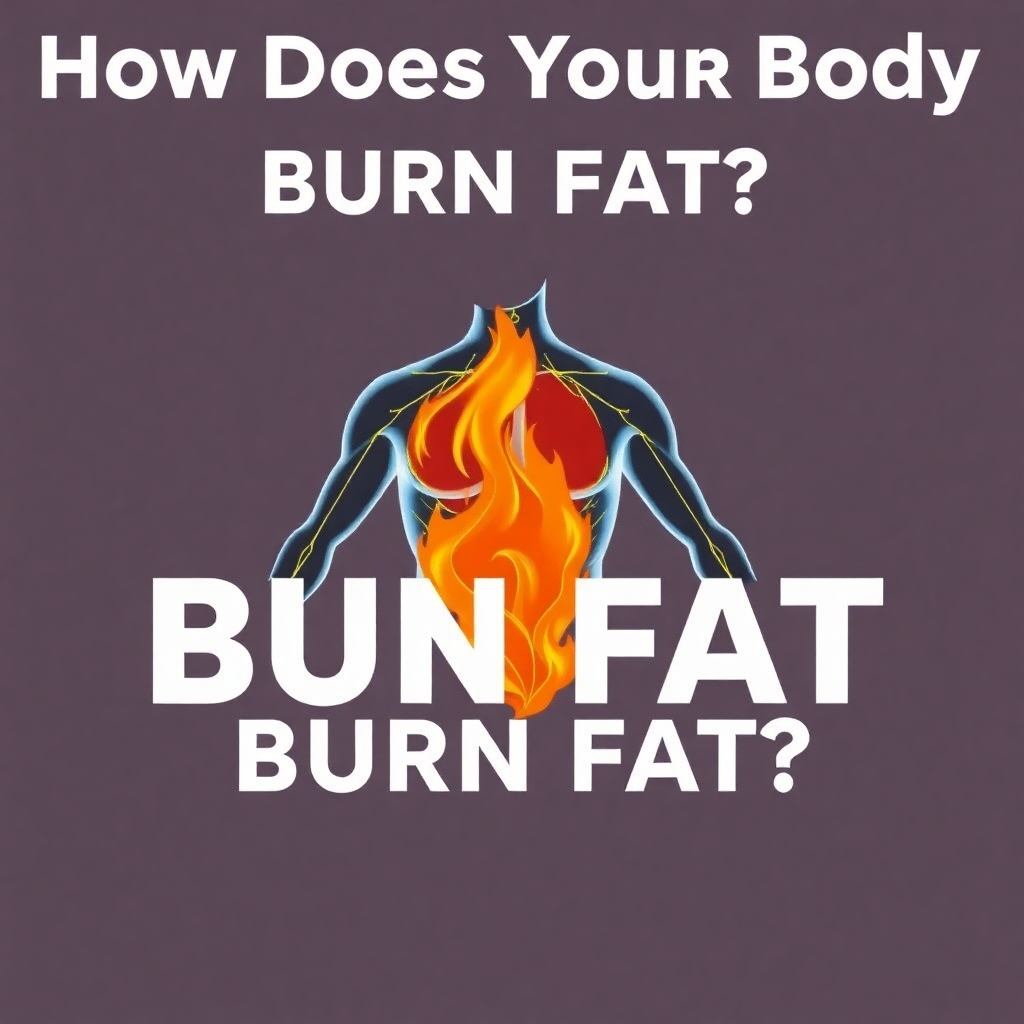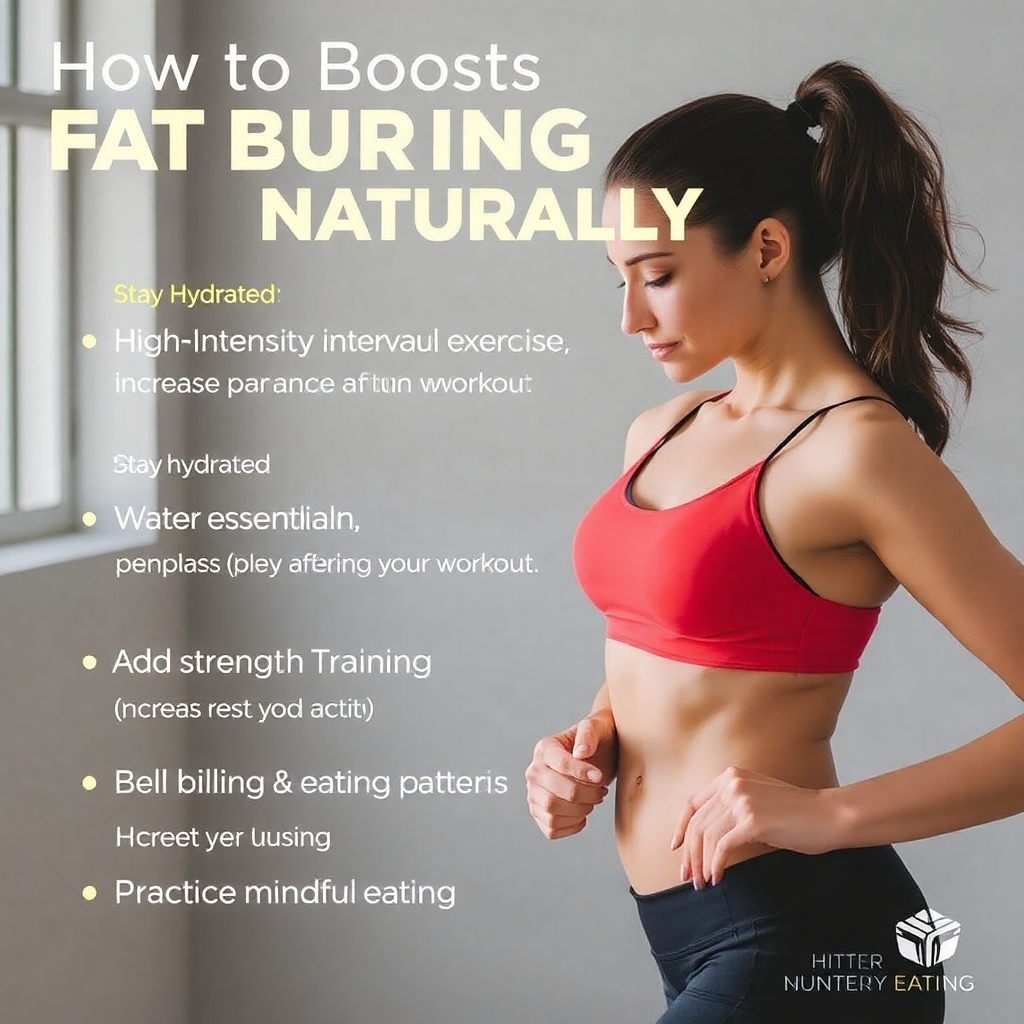The Science of Weight Loss: Understanding How Fat Burning Works
Weight loss can seem like a mystery, but it’s rooted in science. Understanding how your body burns fat is the key to making informed decisions and achieving your goals. This article explores the science behind weight loss, breaking down the processes and factors that contribute to effective fat burning.
How Does Your Body Burn Fat?
Fat burning, or lipolysis, occurs when your body breaks down fat stores to use as energy. This process is activated when your body detects an energy deficit—meaning you consume fewer calories than you expend. Here’s how it works:

- Hormonal Signals: Hormones like adrenaline and noradrenaline trigger fat cells to release fatty acids into the bloodstream.
- Oxidation: These fatty acids are transported to cells and oxidized in the mitochondria, producing energy.
- Caloric Deficit: When you eat fewer calories than your body needs, it taps into stored fat to meet energy demands.
- Factors That Affect Fat Burning
Several factors influence how efficiently your body burns fat:
1. Metabolism
Your metabolic rate determines how quickly your body burns calories. A faster metabolism means more effective fat burning. Factors like age, muscle mass, and genetics play a role in your metabolic rate.
2. Diet Composition
The types of foods you eat impact fat burning. Diets high in protein and fiber help preserve muscle mass and keep you full longer, aiding in maintaining a caloric deficit.
3. Physical Activity
Exercise accelerates fat burning. Cardio activities like running and cycling boost calorie expenditure, while strength training builds muscle, increasing your resting metabolic rate.
4. Hormonal Balance
Hormones like insulin, cortisol, and leptin regulate fat storage and burning. Managing stress and maintaining a balanced diet can help optimize these hormones.
5. Sleep and Recovery
Lack of sleep disrupts hormones like ghrelin and leptin, which control hunger and satiety. Prioritize 7-9 hours of quality sleep to support your weight loss efforts.
Common Myths About Fat Burning
Myth 1: You Can Spot-Reduce Fat
Fact: Fat loss occurs throughout the body, not in specific areas. Consistent exercise and a healthy diet are key.
Myth 2: Eating Fat Makes You Fat
Fact: Healthy fats, like those in avocados and nuts, are essential for your body. Overeating any macronutrient—fat, protein, or carbs—can lead to weight gain.
Myth 3: Starving Yourself Is the Best Way to Lose Weight
Fact: Severely restricting calories slows your metabolism and can lead to muscle loss. Aim for a moderate caloric deficit.
How to Boost Fat Burning Naturally

- Stay Hydrated: Water is essential for metabolic processes, including fat oxidation.
- Eat Regular, Balanced Meals: Consistent eating patterns keep your metabolism active.
- Add Strength Training: Building muscle increases your resting energy expenditure.
- Practice Mindful Eating: Avoid overeating by paying attention to hunger cues and portion sizes.
Incorporate High-Intensity Interval Training (HIIT): Short bursts of intense exercise increase calorie burn even after your workout.
Conclusion
Understanding the science of weight loss empowers you to make informed decisions about your health. By maintaining a caloric deficit, staying active, and managing factors like diet and sleep, you can optimize fat burning and achieve sustainable weight loss. Remember, consistency is key—focus on long-term habits rather than quick fixes.